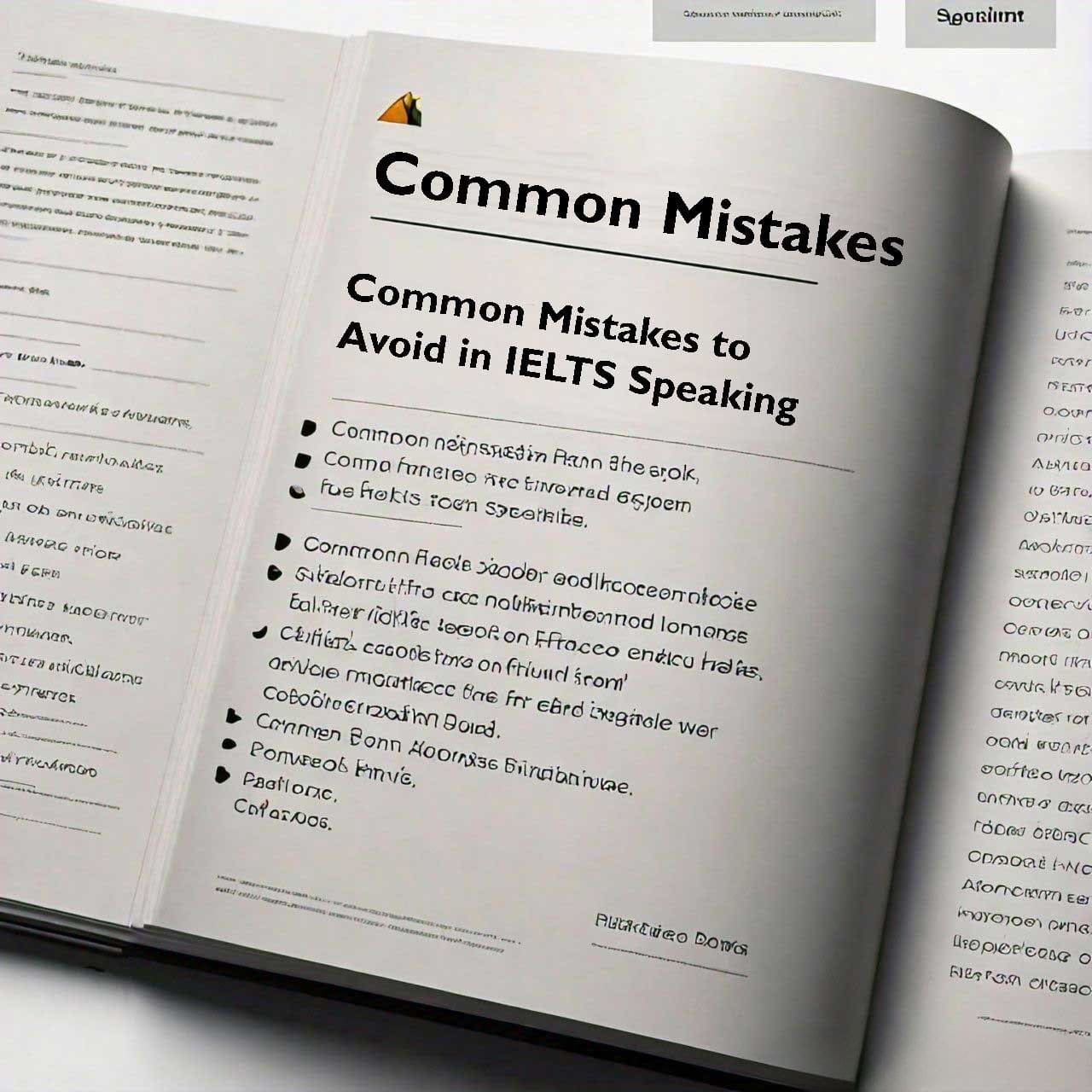The IELTS Speaking test is a critical component of the International English Language Testing System (IELTS) exam, assessing your ability to communicate effectively in English. Whether you’re aiming to study abroad, immigrate to an English-speaking country, or pursue career opportunities, achieving a high score in the speaking test is essential. However, many test-takers often make avoidable mistakes that can impact their performance. In this blog post, we’ll explore some common mistakes to avoid in the IELTS Speaking test and provide tips to help you succeed.
Table of Contents
1. Lack of Preparation:
One of the most common mistakes test-takers make is insufficient preparation for the speaking test. While spontaneous conversation is part of the test, it’s essential to familiarize yourself with the format, question types, and potential topics. Practice speaking about a wide range of subjects, from personal experiences to abstract ideas, to build confidence and fluency.
2. Not Understanding the Task Requirements:
Before responding to each question or prompt, take a moment to fully understand the task requirements. Pay attention to the instructions and address all aspects of the question. Failure to do so can result in incomplete or off-topic responses, impacting your score.
3. Overuse of Fillers and Repetition:
Using excessive fillers such as “um,” “uh,” or “like,” as well as repeating words or phrases unnecessarily, can detract from the clarity and coherence of your speech. Practice speaking fluently and confidently, minimizing the use of fillers and varying your vocabulary to avoid repetition.
4. Speaking Too Quickly or Too Slowly:
Pacing is crucial in the IELTS Speaking test. Speaking too quickly can make you difficult to understand, while speaking too slowly can indicate hesitancy or lack of confidence. Aim for a moderate pace, enunciating your words clearly and allowing natural pauses for emphasis and clarity.
5. Ignoring Pronunciation and Intonation:
Pronunciation and intonation play a significant role in effective communication. Pay attention to your pronunciation of individual sounds, word stress, and sentence intonation patterns. Practice speaking with a clear and natural accent, focusing on articulating sounds accurately and conveying meaning through intonation.
6. Providing Yes/No Answers:
Avoid providing simple yes or no answers to questions in the speaking test. Instead, elaborate on your responses, providing detailed explanations, examples, and relevant information. Use the opportunity to showcase your language skills and express your thoughts and opinions comprehensively.
7. Not Using Complex Sentences and Vocabulary:
To demonstrate your proficiency in English, incorporate a variety of sentence structures, tenses, and vocabulary into your responses. Avoid sticking to basic language patterns and vocabulary; instead, challenge yourself to use more complex language when appropriate. However, ensure that your language remains clear and understandable.
8. Ignoring Grammar and Fluency:
While it’s essential to focus on fluency and spontaneity in the speaking test, don’t overlook grammatical accuracy. Practice using correct grammar and sentence structure while speaking naturally. Aim for a balance between fluency and accuracy to convey your ideas effectively.
9. Not Asking for Clarification:
If you don’t understand a question or need clarification, don’t hesitate to ask the examiner to repeat or rephrase it. Asking for clarification demonstrates your willingness to engage with the conversation and ensures that you provide relevant responses.
10. Lack of Confidence:
Confidence is key to performing well in the IELTS Speaking test. Even if you feel nervous, maintain a positive attitude and project confidence in your speaking. Remember that the examiner is there to assess your language skills, not to judge you personally. Practice relaxation techniques and positive self-talk to boost your confidence before the test.
Conclusion:
Avoiding common mistakes in the IELTS Speaking test requires awareness, preparation, and practice. By familiarizing yourself with the test format, understanding task requirements, and honing your speaking skills, you can maximize your performance and achieve your desired score. Remember to speak clearly and confidently, address all aspects of the questions, and showcase your language proficiency effectively. With dedication and perseverance, you can navigate the IELTS Speaking test successfully and reach your language goals.



